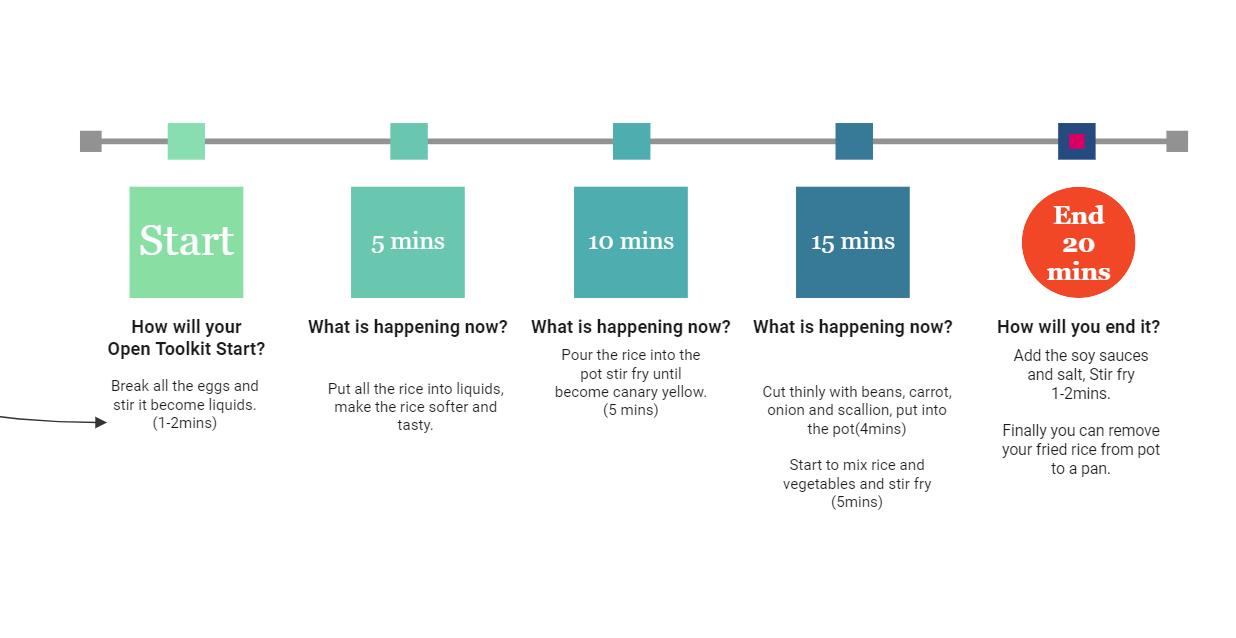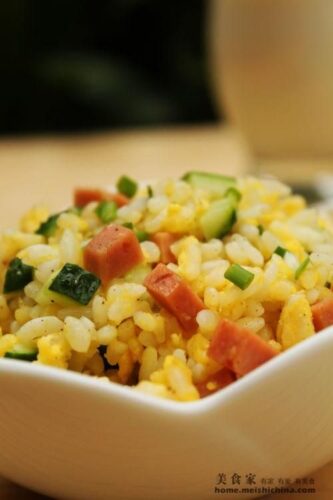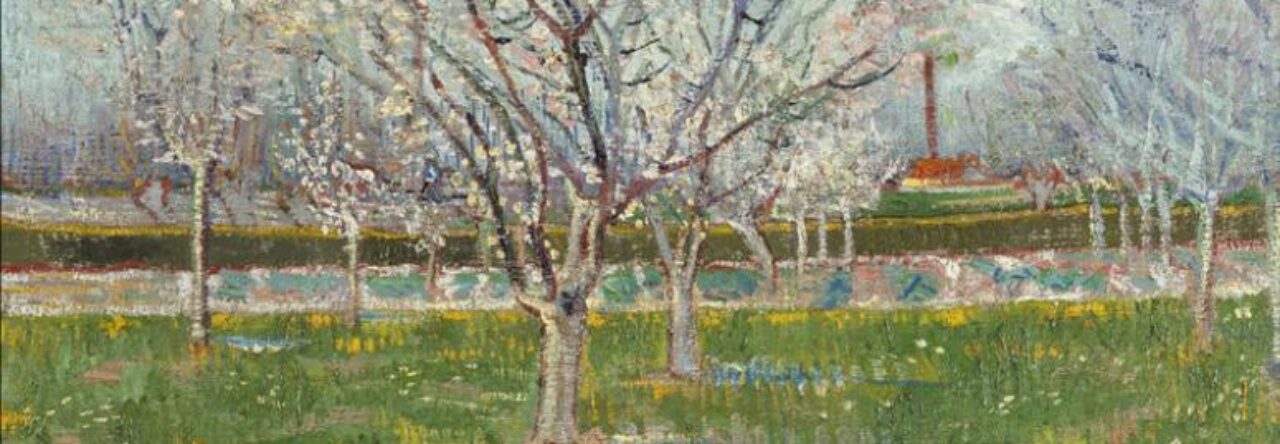
‘Practice turn’
How we understand what is practice, practice theories embrace aspects such as knowledge, meaning, human activity, science power, language, social institutions and human transformation. Moreover, the book “Practice Theory and Education: Diversity and Contestation” claims that ‘practices are formed by being in and participating in the social world. Understanding thereby practices requires a theory, or suite of theories, that illuminate the socialness and sociality of practical being, action and interaction. (Grootenboer&Choy, 2017) Practice contains order schedule of action, an interaction of coding and decoding.
In a ‘practice turn’, students could experience themselves in teaching roles and make experiences on the question of an educational practice being an art practice. It is important to consider six elements include goals, materials, codes, timing, feedbacks and documentation. Space and the presence at the site is also very significant for all participants which meeting grounds for learning, teaching, discussing, addressing difficulties, solving problems.
As concern as SECI mode what we are learned in the class, normally we are learning a process contains tacit knowledge, and how we fully describe how to achieve that goal is to externalize the tacit knowledges. To combine it become your own practice of internalization. In the book ‘you must change your life’, it claims a concept of ‘anthropological proportion'(Sloterdijk,2013) We have some common types of anthropological research methods include (1) immersion in a culture, (2) analysis of how people interact with their environment, (3) linguistic analysis, (4) archaeological analysis, and (5) analysis of human biology. (Bernard,2017) Due to ‘practice turn’, we are focusing on analysis how people interact with their environment.


The experience:
My decode of recipe is how to complete a fried rice dish. In our daily life, we have many practice sessions, such as how to drive a car, how to cook a meal, compare to learn a language or drawing, cook meal is useful and functional knowledge that based on our taste sense. We should think about what we should eat, how many nutrition that human body need. Therefore, to solve a basic everyday life problem fundamentally. That is my aim of my practice, how many people get the knowledge that the proportion of nutrition their body need, to aware and to practice as simple as possible.
Reflection on action:
The steps of knowledge externalization should be as simple as possible to make it easy for more people to understand. I have made it clear what materials and how many minutes are needed for each step. If more people can be involved, how to make them more interesting is what I need to think about next. For example, instead of just talking to each other, add more body language, or make it a game session to get the audience involved.
Theory on anthropology:
We are focused how people interact with their environment, Environmental anthropology within the field of anthropology that takes an active role in examining the relationships between humans and their environment across space and time. How we shape the environments we live in and how relations with the environment shape culture.
Preparation:
My next task is how to change this externalized step practice into a cultural environment where everyone can participate and interact. Continuous practice is a boring process to achieve the final goal. I need to prepare for this process by adding some questions or body language interaction that can make participants interact with each other.
References:
Bernard, H. R. (2017). Research methods in anthropology: Qualitative and quantitative approaches. Rowman & Littlefield.
Grootenboer, Edwards-Groves, C., & Choy, S. (2017). Practice Theory Perspectives on Pedagogy and Education: Praxis, Diversity and Contestation. Springer Singapore Pte. Limited.
Sloterdijk, P. (2013). You must change your life. Polity Press.



s2457669
i like how you start your blogpost by thinking about how a practice may be located and drawn out of a variety of topics and actions. the part where you talk about spaces that enable an educational practice to become an art practice is interesting as this is becoming increasingly apparent within gallery spaces. you have decoded your ideas really clearly and i enjoyed reading about the recipe that in itself has meanings of being practised, encountered and maybe enjoyed as a group. i also like how your research includes the environment, the cultivation needed to make this recipe and workshop possible, and what this means within the bigger picture of sharing knowledge and enjoying together.
s2441634
The author describes what practice is and the factors that need to be considered in the process of practice. This gave me a new perspective on what practice is. Cooking is a common part of people’s daily lives, but measuring the daily nutritional requirements is a very delicate and difficult task. It was interesting to consider the interaction between the externalisation of knowledge and the environment on the basis of cooking.